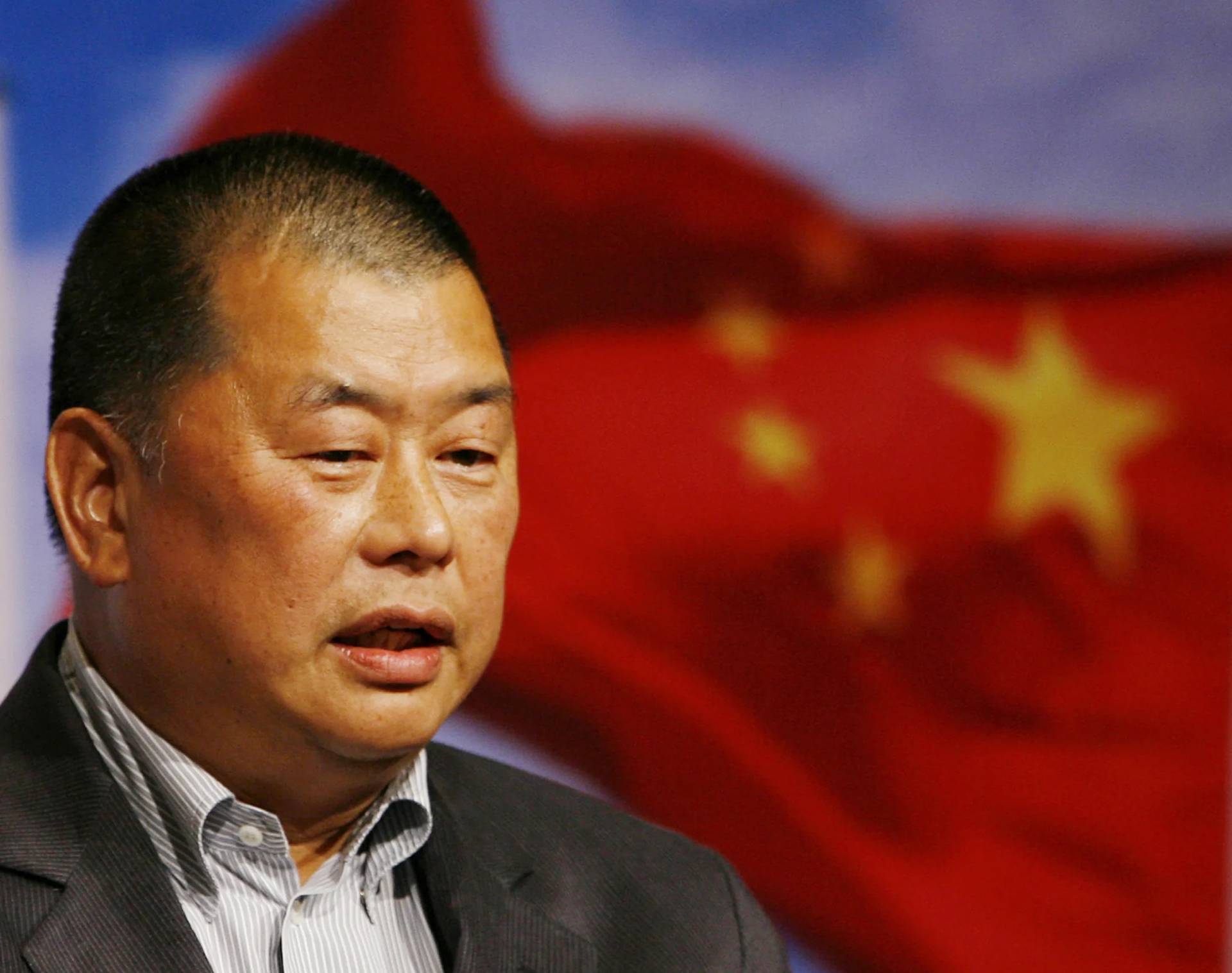MUMBAI, India – A report on human rights in India released by the U.S. Department of State says “at least 175 persons were killed and more than 60,000 displaced between May 3 and November 15.”
It cited the ethnic conflict between the Kuki and Meitei communities in Manipur, which has resulted in “significant human rights abuses.”
Manipur is a state in northeast India with a population of 2.8 million. The Meitei people make up 53 percent of the population, the Naga people make up 24 percent, the Chin-Kuki-Mizo people make up 16 percent. Hindus and Christians each make up about 41 percent of the population, while Muslims make up just over 8 percent.
The conflict was triggered by an affirmative action controversy in which Christian Kukis protested a demand by mostly Meitei Hindus for a special status that would let them buy land in the hills populated by Kukis and other tribal groups, and get a share of government jobs.
The U.S. State Department’s 2023 Country Reports on Human Rights Practices for India said human rights issues were abused in terms of arbitrary or unlawful killings, privacy rights, and “serious restrictions on freedom of expression and media freedom”, including “unjustified” arrests of journalists, censorship, corruption and discrimination against LGBTQ persons.
It said that the government took “minimal credible steps or action to identify and punish” officials who may have committed human rights abuses and that the Supreme Court even “criticised” the central government for failing to halt the violence in Manipur.
RELATED: Archbishop says government ‘trying its best’ to tackle violence in northeast India
Jesuit Father Frazer Mascarenhas, former principal of St. Xavier’s College, told Crux the recent report of the U.S. State Department on the situation of human rights in India is “a welcome move to highlight before the international community the declining state of law and order and the rampant abuse of human rights in India.”
“An important case to understand is that of Manipur, where it is alleged that the State colluded in the violence by supporting the Arambai Tengol – a local militant group among the Meiteis. The free access to sophisticated arms that they had in the Imphal Valley lends credence to this theory,” the priest said.
“What is important to note is the way they continue to dictate terms in Manipur, forcing all the elected representatives in Manipur to take an oath to further their agenda, even beating up those representatives who were dissenting, and kidnapping a top police official from Imphal who had to be hospitalized after being rescued,” he continued.
“This does not bode well for law and order in any part of India, as we see large groups of people acting with impunity, especially where the party ruling at the Centre is also in power in the State,” Mascarenhas told Crux.
“Christian and other minority institutions and individuals are being attacked on false allegations, with the State showing obvious partiality to the group perpetrating the violence. Manipur, therefore, is a warning of things to come, if civil society does not intervene effectively,” he said.
Ethnic violence has been a decades-old problem in Manipur state, where 700 people were killed in 1993 and the government took a year and a half to restore normalcy in the region.














